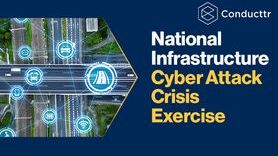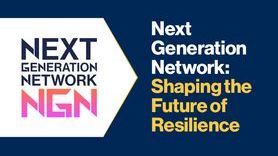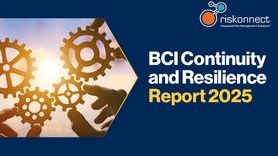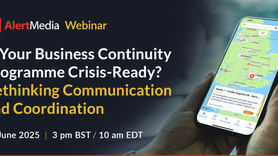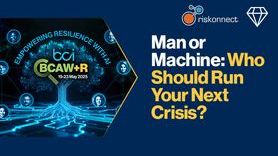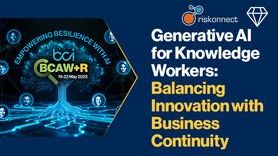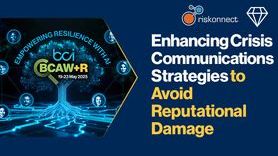Education Month: Unlocking Your Potential
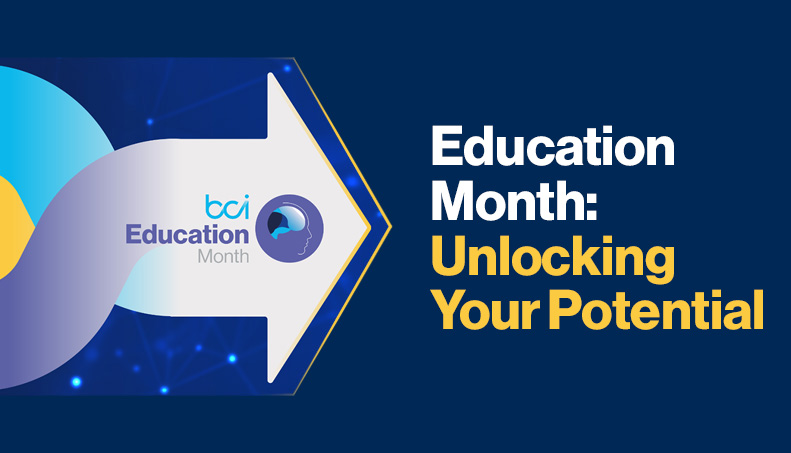
The first week of BCI’s education month, the Institute’s annual global celebration of learning, development, and connection in the profession, got off to a great start.
A new white paper was released: ‘Skills for the future: preparing for 2030 and beyond’. The paper identifies the key competencies expected to shape the future of the profession, drawing on insights from the ‘BCI Resilience Vision 2030 Report’. It aims to help resilience practitioners pinpoint essential future-focused skills and explores how to actively upskill to maintain relevance.
Webinar highlights
The week one theme, ‘Unlocking Your Potential: The Role of BCI Membership in Professional Development’, was designed to explore how BCI Membership empowers your career journey.
Among these resources are the webinars produced during education month. Week one covered a variety of subjects, starting with the soft skills of personal brand building, networking, mentoring, and public speaking. There was also education-oriented content on the role and application of certifications, and technical content on such subjects as using no-code technology and the role of BCI frameworks in strategic approaches.
Mentoring
In the webinar ‘What has mentoring ever done for us?’ there was a lively conversation on the benefits of mentoring with Nick Simms FBCI and some of his current mentees, including Anoushka Chati CBCI, Jenny Beck AMBCI and Russell Williams FBCI. Among the tips shared were the advice for mentors to listen before advising, respect the mentee, challenge them constructively, and provide mentees context through stories and real-world examples. There were also insights from the audience, such as staying open to mentoring moments everywhere: conferences, networking, or even in casual conversations.
Technology
Thomas Scorticati, a BC and crisis management consultant and no-code application developer, presented the webinar ‘Exploiting No-Code Technology to Strengthen Business Continuity.’ This looked at how no-code technologies enable business continuity and crisis management professionals to rapidly design bespoke tools. No-code digital tools and platforms let people build software applications and workflows without traditional programming code, using visual interfaces, drag-and-drop components, and logic blocks to design apps and websites. The session explored how this approach can enhance operational efficiency and stakeholder engagement, using a practical example of an internal application developed to simulate a crisis exercise.
International perspectives
Kuniyuki Tashiro FBCI led a webinar called ‘How BCI Training Contributes to Resilience in Asia.’ Here he explored Japanese organizations’ approaches to earthquakes and how the BCI’s Good Practice Guidelines and training – the framework and methodologies -were applicable in Asia.
What to look out for next week
Next week’s theme is ‘Building Global Connections: The Power of the BCI Community’, where we celebrate the strength of the BCI global network. Learn how connecting with professionals across regions and industries fosters collaboration, knowledge sharing, and a sense of belonging in a dynamic, international community.
The webinars will be a mix of technical and cultural subjects, such as the rise of AI and cross-border resilience software, cross-cultural collaboration, and even a session guided by an airline pilot who experienced aviation’s resilience revolution.




